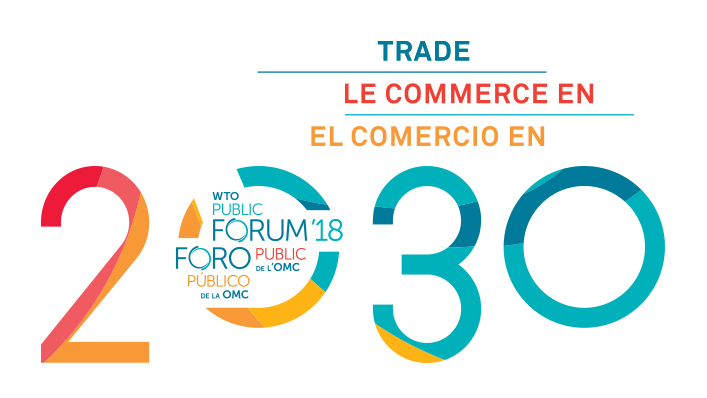Leveraging technology to support SMEs in LDCs: Opportunities and challenges
4 Oct 2018 02:00h
Event report
The moderator, Mr Eloi Laourou (Ambassador, Permanent Mission of Bénin in Geneva), started the session by stressed that a lot needs to be done to support small and medium sized enterprises (SMEs) in least developed countries (LDCs), and that the benefits of supporting local communities and countries are substantial.
Ms Elodie Akotossode (FounderEd Tech Women and Ed Tech Academy) described her personal story of advancing her knowledge regarding new technology. However, she also noticed a lack of women in the field, and decided to establish an organisation to address this gap. The trainings offered have a local focus, are geared towards small vendors, aiming to enable them to make the most of their online presence. Trainings include web design, building online shops, product presentation, and logo design, among other topics. Akotossode stressed the need for personalised training, starting by identifying the needs on the ground in order to tailor the training as much as possible; she emphasised the importance of empowering women to make the full use of technology in order to avoid being left behind.
Mr Denis Deschamps (General-Director, Conférence permanente des chambres consulaires africaines et francophones (CPCCAF)) began by describing the work of the organisation. The standing conference aims to be a space for sharing experiences and information among member countries. The CPCCAF provides support for economic development and the business sector in member countries. It aims to foster partnerships among African countries and beyond. Deschamps explained that the CPCCAF also works with SMEs, in particular related to topics in communication and information technology (ICT). He stressed that Africa has the potential to leap forward using new technologies, such as drones and geo-tracking, and emphasised that the first goal behind these efforts has to be to feed people and contribute to their subsistence. The key, according to Deschamps, is to provide adequate content that meets the needs of people, and information that enables entrepreneurship, since there is no development without information.
Mr Carlos Foradori (Ambassador, Permanent Mission of Argentina in Geneva) highlighted that there are challenges as well as opportunities when it comes to technology and SMEs in LDCs. Challenges include the fact that LDCs have low Internet penetration rates, lack of communications infrastructure, high administrative costs for businesses (that want to take advantage of global markets), and lack relevant skills. However, he stressed that e-commerce and new ICTs also generate new opportunities. He mentioned the Global Trade Help Desk, and the Foreign Trade Information Centre as examples that try to empower SMEs in developing countries, allowing them to take advantage of e-commerce opportunities and global markets.
Ms Arancha González (Executive Director, Centre du Commerce International (ITC/CCI)) argued that it is time that LDCs move from being consumers to becoming producers of technology, technology needs to be a lever of development. González argued that technological innovation and digital progress is not only for the Global North, the Global South also has best practices that illustrate the incredible speed of transformation taking place. Institutions that focus on trade and investment promotion have an important role to play to transform big data to knowledge, and provide user-friendly intelligence based on big data, ‘big data for small businesses’. González stressed that it is crucial to zoom in on the ecosystem required for people in the Global South to participate meaningfully in e-commerce and make the most use of available technology. She argued that it is important to investigate difficulties faced by enterprises, to become more effective globally. Ultimately, the key, according to González, is to connect SMEs to digital markets.
Related topics
Related event

